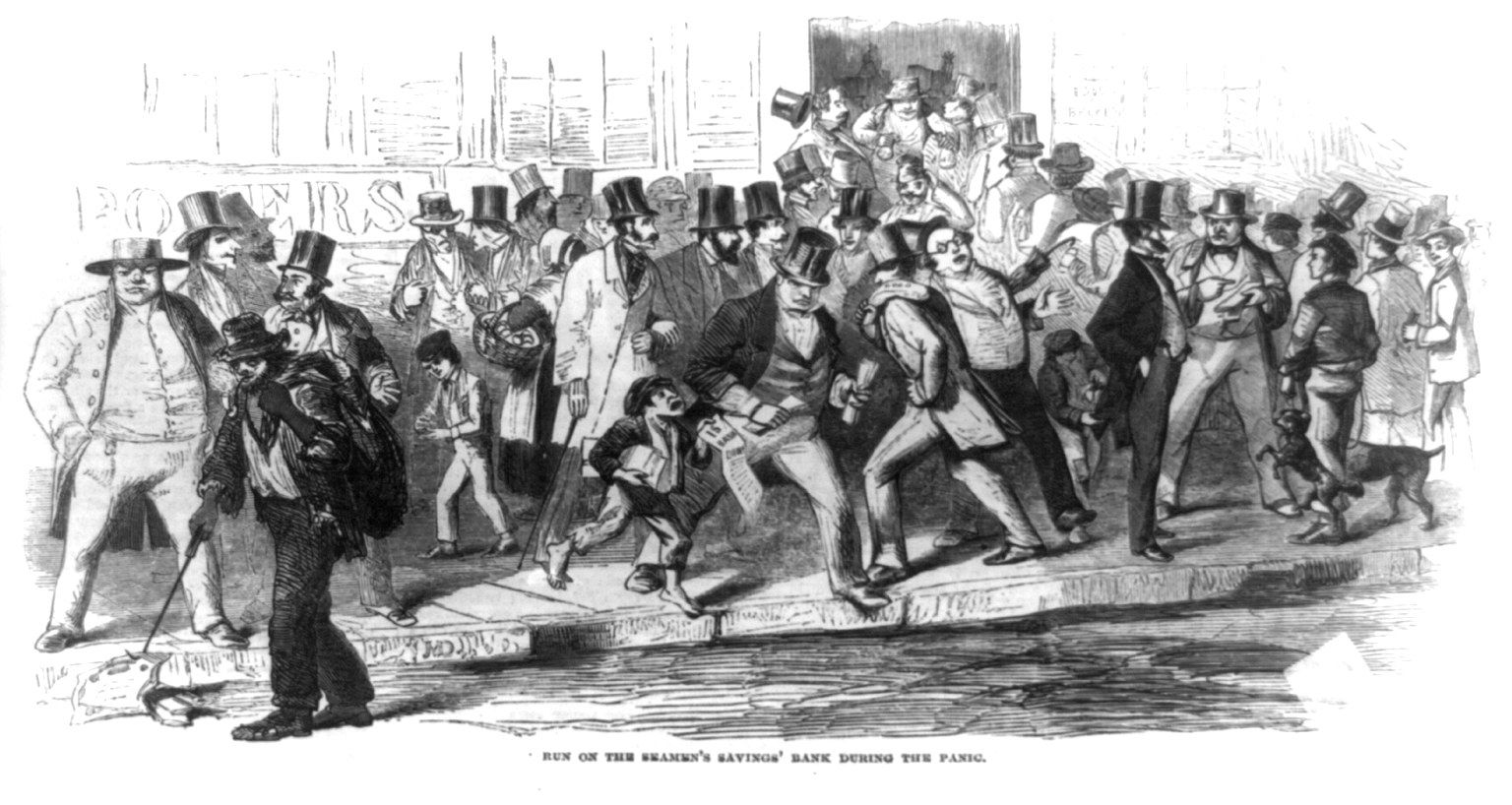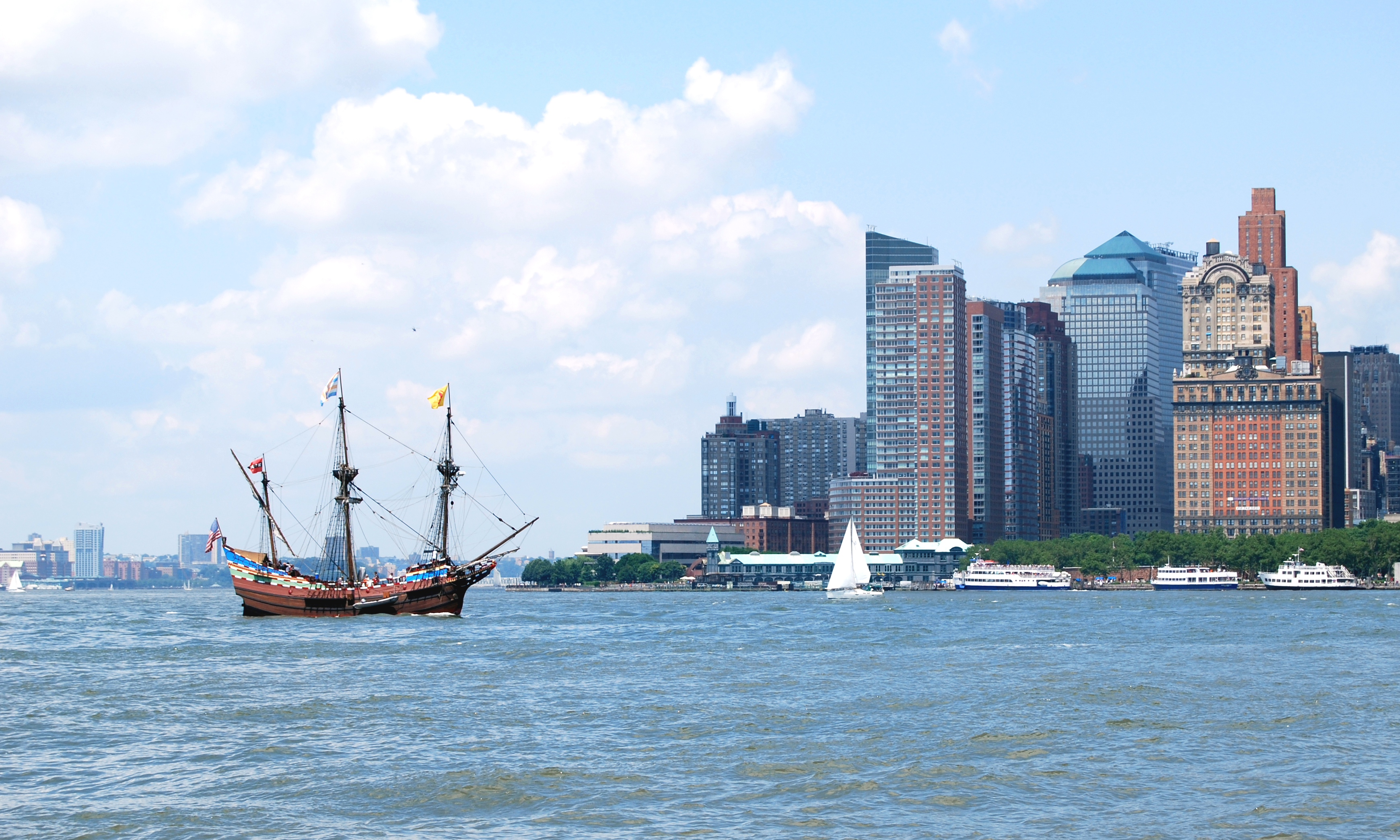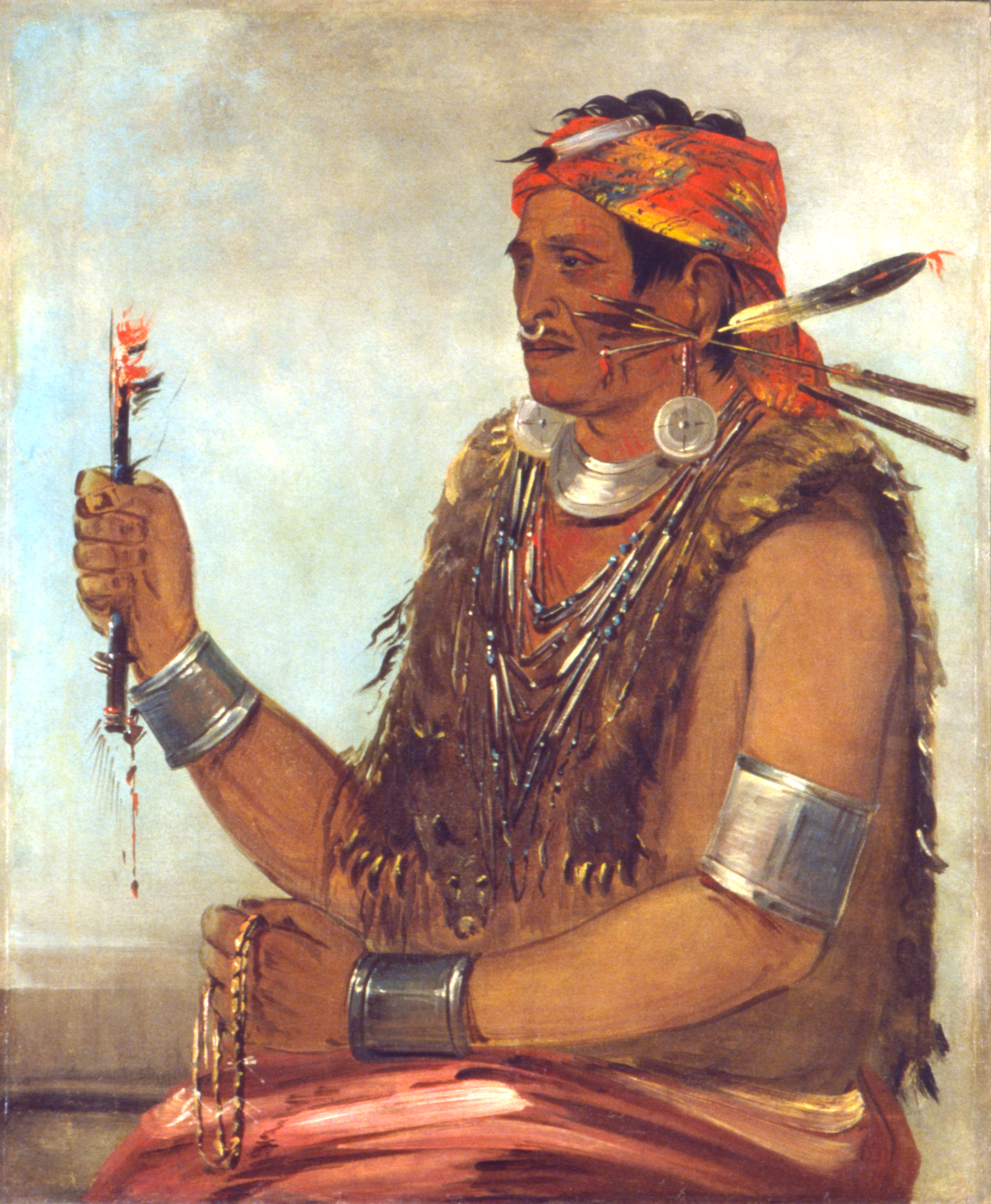|
Utopian Community Of Modern Times
Modern Times was a Utopian community existing from 1851 to 1864 in what is now Brentwood, New York, United States. Founded by Josiah Warren and Stephen Pearl Andrews , the community based its structure on Warren’s ideas of individual sovereignty and equitable commerce. Modern Times existed until 1864 when its citizens decided to change the name of the town to Brentwood. A few writers have cited different reasons for the community’s failure. Josiah Warren’s philosophy Josiah Warren had been an successful inventor and industrialist before he became interested in the idea of utopian communities. He was fascinated with New Harmony, Indiana, which Robert Owen had founded in 1825, as a socialist community. In 1825 Warren sold his factory and took his family to live in New Harmony which then failed within two years. Warren felt that the reasons for its failure were the authoritarian nature of the community and the socialist idea of holding all property in common. Out of this ex ... [...More Info...] [...Related Items...] OR: [Wikipedia] [Google] [Baidu] |
Brentwood, New York
Brentwood is a hamlet in the Town of Islip in Suffolk County, on Long Island, in New York, United States. The population was 62,387 at the 2020 Census, making it the most populous in Suffolk County and on all of Long Island outside of New York City. History Early history In 1844, the area was established as Thompson Station and Suffolk Station, two new stations on the expansion of the Main Line of the Long Island Rail Road. On March 21, 1851, it became the utopian community named Modern Times. The colony was established on of land by Josiah Warren and Stephen Pearl Andrews. In 1864, it was renamed Brentwood after the town of Brentwood, Essex, in England. By contract, all the land in the colony was bought and sold at cost, with being the maximum allowable lot size. The community was said to be based on the idea of individual sovereignty and individual responsibility. Individuals were encouraged to pursue their self-interest as they saw fit. All products of labor were cons ... [...More Info...] [...Related Items...] OR: [Wikipedia] [Google] [Baidu] |
United States
The United States of America (U.S.A. or USA), commonly known as the United States (U.S. or US) or America, is a country primarily located in North America. It consists of 50 states, a federal district, five major unincorporated territories, nine Minor Outlying Islands, and 326 Indian reservations. The United States is also in free association with three Pacific Island sovereign states: the Federated States of Micronesia, the Marshall Islands, and the Republic of Palau. It is the world's third-largest country by both land and total area. It shares land borders with Canada to its north and with Mexico to its south and has maritime borders with the Bahamas, Cuba, Russia, and other nations. With a population of over 333 million, it is the most populous country in the Americas and the third most populous in the world. The national capital of the United States is Washington, D.C. and its most populous city and principal financial center is New York City. Paleo-Americ ... [...More Info...] [...Related Items...] OR: [Wikipedia] [Google] [Baidu] |
Josiah Warren
Josiah Warren (; 1798–1874) was an American utopian socialist, American individualist anarchist, individualist philosopher, polymath, social reformer, inventor, musician, printer and author. He is regarded by anarchist historians like James J. Martin and Peter Marshall among others as the first American anarchistPalmer, Brian (2010-12-29What do anarchists want from us?, ''Slate.com'' (although Warren never used the term anarchism himself) and the four-page weekly paper he edited during 1833, ''The Peaceful Revolutionist'', the first anarchist periodical published,William Bailie, ''Josiah Warren: The First American Anarchist – A Sociological Study'', Boston: Small, Maynard & Co., 1906, p. 20 was an enterprise for which he built his own printing press, cast his own type, and made his own printing plates. Life Warren was born June 26, 1798. He moved from Boston to Cincinnati, Ohio, where he worked as a music teacher and orchestra leader. They had two children, Caroline ( ... [...More Info...] [...Related Items...] OR: [Wikipedia] [Google] [Baidu] |
Stephen Pearl Andrews
Stephen Pearl Andrews (March 22, 1812 – May 21, 1886) was an American libertarian socialist, individualist anarchist, linguist, political philosopher, outspoken Abolitionism in the United States, abolitionist and author of several books on the labor movement and Individualist anarchism in the United States, individualist anarchism. Early life and work Andrews was born in Templeton, Massachusetts on March 22, 1812, the youngest of eight children of the Reverend Elisha Andrews and his wife Ann Lathrop. He grew up thirty-five miles northeast in Hinsdale, New Hampshire. Andrews went to Louisiana at age 19 and studied and practiced law there. Appalled by Slavery in the United States, slavery, he became an Abolitionism in the United States, abolitionist. He was the first counsel of Mrs. Myra Clark Gaines in her celebrated suits. Having moved to Texas in 1839, Andrews and his family were almost killed because of his abolitionist lectures and had to flee in 1843. Andrews travelled to E ... [...More Info...] [...Related Items...] OR: [Wikipedia] [Google] [Baidu] |
Self-ownership
Self-ownership, also known as sovereignty of the individual or individual sovereignty, is the concept of property in one's own person, expressed as the moral or natural right of a person to have bodily integrity and be the exclusive controller of one's own body and life. Self-ownership is a central idea in several political philosophies that emphasize individualism, such as libertarianism, liberalism, and anarchism. Definitional issues The self American libertarian socialist Stephen Pearl Andrews frequently discussed the sovereignty of the individual in his writings. In ''The Science of Society'', he says that protestantism, democracy and socialism are "three partial announcements of one generic principle" which is "the sovereignty of the individual". Andrews considered the sovereignty of the individual to be "the basis of harmonious intercourse amongst equals, precisely as the equal Sovereignty of States is the basis of harmonious intercourse between nations mutually rec ... [...More Info...] [...Related Items...] OR: [Wikipedia] [Google] [Baidu] |
Cost The Limit Of Price
"Cost the limit of price" was a maxim coined by Josiah Warren, indicating a (prescriptive) version of the labor theory of value. Warren maintained that the just compensation for labor (or for its product) could only be an equivalent amount of labor (or a product embodying an equivalent amount).In ''Equitable Commerce'', Warren writes, "If a priest is required to get a soul out of purgatory, he sets his price according to the value which the relatives set upon his prayers, instead of their cost to the priest. This, again, is cannibalism. The same amount of labor equally disagreeable, with equal wear and tear, performed by his customers, would be a just remuneration Thus, profit, rent, and interest were considered unjust economic arrangements. As Samuel Edward Konkin III put it, "the labor theory of value recognizes no distinction between profit and plunder."Wendy McElroy,Individualist Anarchism vs. "Libertarianism" and Anarchocommunism" in the ''New Libertarian'', issue #12, Octobe ... [...More Info...] [...Related Items...] OR: [Wikipedia] [Google] [Baidu] |
Panic Of 1857
The Panic of 1857 was a financial panic in the United States caused by the declining international economy and over-expansion of the domestic economy. Because of the invention of the telegraph by Samuel F. Morse in 1844, the Panic of 1857 was the first financial crisis to spread rapidly throughout the United States. The world economy was also more interconnected by the 1850s, which also made the Panic of 1857 the first worldwide economic crisis. In Britain, the Palmerston government circumvented the requirements of the Bank Charter Act 1844, which required gold and silver reserves to back up the amount of money in circulation. Surfacing news of this circumvention set off the Panic in Britain. Beginning in September 1857, the financial downturn did not last long, but a proper recovery was not seen until the onset of the American Civil War in 1861. The sinking of contributed to the panic of 1857, as New York banks were awaiting a much-needed shipment of gold. American banks ... [...More Info...] [...Related Items...] OR: [Wikipedia] [Google] [Baidu] |
History Of New York (state)
The history of New York begins around 10,000 B.C. when the first people arrived. By 1100 A.D. two main cultures had become dominant as the Iroquoian and Algonquian developed. European discovery of New York was led by the Italian Giovanni da Verrazzano in 1524 followed by the first land claim in 1609 by the Dutch. As part of New Netherland, the colony was important in the fur trade and eventually became an agricultural resource thanks to the patroon system. In 1626 the Dutch thought they had bought the island of Manhattan from Native Americans. In 1664, England renamed the colony New York, after the Duke of York and Albany, brother of King Charles II. New York City gained prominence in the 18th century as a major trading port in the Thirteen Colonies. New York played a pivotal role during the American Revolution and subsequent war. The Stamp Act Congress in 1765 brought together representatives from across the Thirteen Colonies to form a unified response to British policie ... [...More Info...] [...Related Items...] OR: [Wikipedia] [Google] [Baidu] |
History Of Religion In The United States
Religion in the United States began with the religions and spiritual practices of Native Americans. Later, religion also played a role in the founding of some colonies, as many colonists, such as the Puritans, came to escape religious persecution. Historians debate how much influence religion, specifically Christianity, had on the American Revolution. Many of the Founding Fathers were active in a local church; some of them had deist sentiments, such as Thomas Jefferson, Benjamin Franklin, and George Washington. Some researchers and authors have referred to the United States as a "Protestant nation" or "founded on Protestant principles," specifically emphasizing its Calvinist heritage. Others stress the secular character of the American Revolution and note the secular character of the nation's founding documents. African Americans were very active in forming their own churches, most of them Baptist or Methodist, and giving their ministers both moral and political leadership roles ... [...More Info...] [...Related Items...] OR: [Wikipedia] [Google] [Baidu] |
Utopian Communities In The United States
A utopia ( ) typically describes an imaginary community or society that possesses highly desirable or nearly perfect qualities for its members. It was coined by Sir Thomas More for his 1516 book ''Utopia'', describing a fictional island society in the New World. However, it may also denote an intentional community. In common parlance, the word or its adjectival form may be used synonymously with "impossible", "far-fetched" or "deluded". Hypothetical utopias focus on—amongst other things—equality, in such categories as economics, government and justice, with the method and structure of proposed implementation varying based on ideology. Lyman Tower Sargent argues that the nature of a utopia is inherently contradictory because societies are not homogeneous and have desires which conflict and therefore cannot simultaneously be satisfied. To quote: The opposite of a utopia is a dystopia or cacotopia. Utopian and dystopian fiction has become a popular literary category. Despite bei ... [...More Info...] [...Related Items...] OR: [Wikipedia] [Google] [Baidu] |
1851 Establishments In New York (state)
Events January–March * January 11 – Hong Xiuquan officially begins the Taiping Rebellion. * January 15 – Christian Female College, modern-day Columbia College, receives its charter from the Missouri General Assembly. * January 23 – The flip of a coin, subsequently named Portland Penny, determines whether a new city in the Oregon Territory is named after Boston, Massachusetts, or Portland, Maine, with Portland winning. * January 28 – Northwestern University is founded in Illinois. * February 1 – ''Brandtaucher'', the oldest surviving submersible craft, sinks during acceptance trials in the German port of Kiel, but the designer, Wilhelm Bauer, and the two crew escape successfully. * February 6 – Black Thursday in Australia: Bushfires sweep across the state of Victoria, burning about a quarter of its area. * February 12 – Edward Hargraves claims to have found gold in Australia. * February 15 – In Boston, Massachuse ... [...More Info...] [...Related Items...] OR: [Wikipedia] [Google] [Baidu] |
1864 Disestablishments In New York (state)
Events January–March * January 13 – American songwriter Stephen Foster ("Oh! Susanna", "Old Folks at Home") dies aged 37 in New York City, leaving a scrap of paper reading "Dear friends and gentle hearts". His parlor song "Beautiful Dreamer" is published in March. * January 16 – Denmark rejects an Austrian-Prussian ultimatum to repeal the Danish Constitution, which says that Schleswig-Holstein is part of Denmark. * January 21 – New Zealand Wars: The Tauranga campaign begins. * February – John Wisden publishes '' The Cricketer's Almanack for the year 1864'' in England; it will go on to become the major annual cricket reference publication. * February 1 – Danish-Prussian War (Second Schleswig War): 57,000 Austrian and Prussian troops cross the Eider River into Denmark. * February 15 – Heineken brewery founded in Netherlands. * February 17 – American Civil War: The tiny Confederate hand-propelled submarine ''H. L. Hunley'' sin ... [...More Info...] [...Related Items...] OR: [Wikipedia] [Google] [Baidu] |





.jpg)
